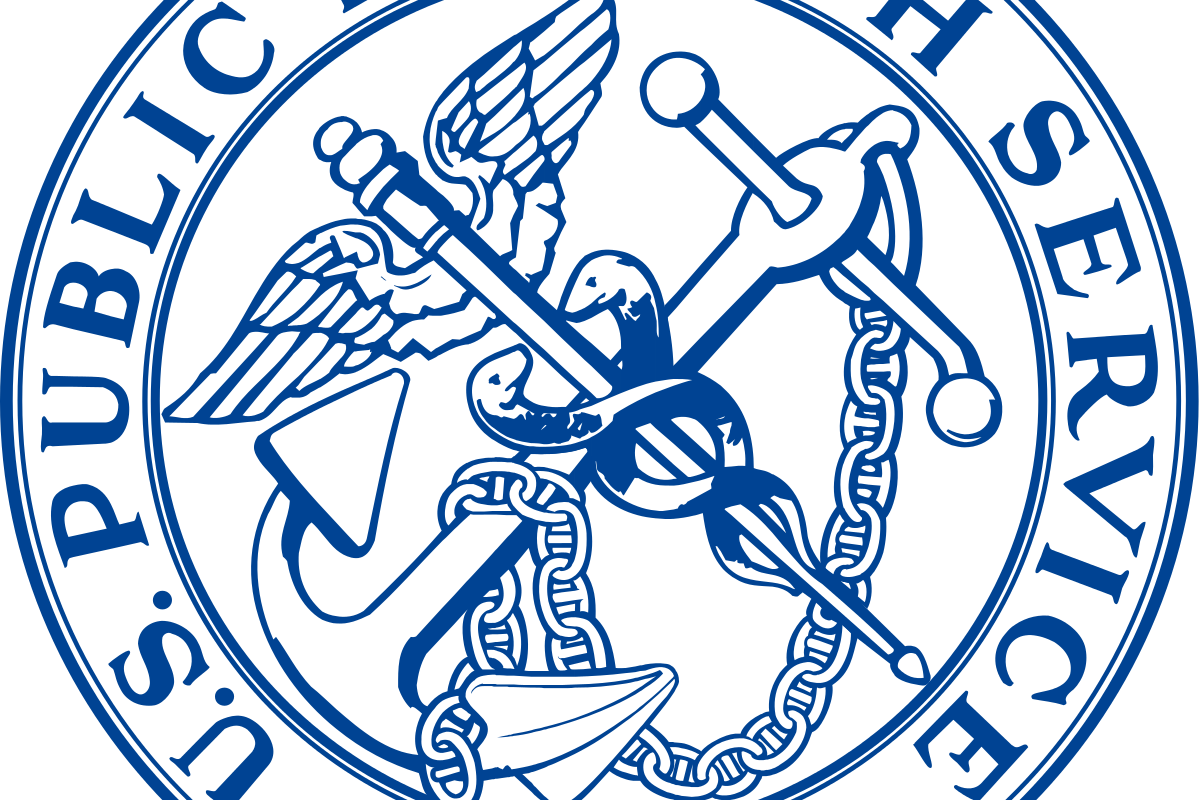
“Confronting Health Misinformation from the U.S. Surgeon General’s Advisory on Building a Healthy Information Environment”
U.S. Surgeon General Dr. Vivek Murthy is issuing the first Surgeon General’s Advisory of this Administration to warn the American public about the urgent threat of health misinformation. Health misinformation, including disinformation, have threatened the U.S. response to COVID-19 and continue to prevent Americans from getting vaccinated, prolonging the pandemic and putting lives at risk, and the advisory encourages technology and social media companies to take more responsibility to stop online spread of health misinformation. (Press Release: July 15, 2021).
During the COVID-19 pandemic, Americans have been exposed to a wide range of misinformation about masks and social distancing, treatments, and vaccines. As of late May, 67% of unvaccinated adults exit disclaimer icon had heard at least one COVID-19 vaccine myth and either believed it to be true or were not sure of its veracity. Health misinformation has already caused significant harm exit disclaimer icon, dividing families and communities and undermining vaccination efforts. An analysis of millions of social media posts exit disclaimer icon found that false news stories were 70 percent more likely to be shared than true stories. And a recent study exit disclaimer icon showed that even brief exposure to misinformation made people less likely to want a COVID-19 vaccine.
“Health misinformation is an urgent threat to public health. It can cause confusion, sow mistrust, and undermine public health efforts, including our ongoing work to end the COVID-19 pandemic,” said U.S. Surgeon General Dr. Vivek Murthy. “As Surgeon General, my job is to help people stay safe and healthy, and without limiting the spread of health misinformation, American lives are at risk. From the tech and social media companies who must do more to address the spread on their platforms, to all of us identifying and avoiding sharing misinformation, tackling this challenge will require an all-of-society approach, but it is critical for the long-term health of our nation.”
Health misinformation is information that is false, inaccurate, or misleading according to the best available evidence. It is not a recent phenomenon, and persistent rumors about HIV/AIDS for decades have undermined efforts to reduce infection rates in the U.S. During the Ebola epidemic, misinformation spread rapidly on social media. A 2014 study – found that Ebola-related tweets that contained misinformation were more likely to be politically charged and have content promoting discord.
The advisory lays out how the nation can confront health misinformation by helping individuals, families, and communities better identify and limit its spread, and issues a number of ways institutions in education, media, medicine, research, and government stakeholders can approach this issue. It also underscores the urgent need for technology and social media companies to address the way misinformation and disinformation spread on their platforms, threatening people’s health.
Yesterday, the US Service Surgeon General, Dr. Vivek H. Murthy, urged all Americans to help slow the spread of health misinformation during the COVID-19 pandemic and beyond. Health misinformation is a serious threat to public health. It can cause confusion, sow mistrust, harm people’s health, and undermine public health efforts. Limiting the spread of health misinformation is a moral and civic imperative that will require a whole-of-society effort.”
The following is an excerpt from “Confronting Health Misinformation from the U.S. Surgeon General’s Advisory on Building a Healthy Information Environment”. It is the beginning of a difficult conversation but much needed. We have included the link to access the entire document and when you have time, read the full document – We Want You to Know…
During the COVID-19 pandemic, people have been exposed to a great deal of information: news, public health guidance, fact sheets, infographics, research, opinions, rumors, myths, falsehoods, and more. The World Health Organization and the United Nations have characterized this unprecedented spread of information as an “infodemic.”
During the COWhile information has helped people stay safe throughout the pandemic, it has at times led to confusion. For example, scientific knowledge about COVID-19 has evolved rapidly over the past year, sometimes leading to changes in public health recommendations. Updating assessments and recommendations based on new evidence is an essential part of the scientific process, and further changes are to be expected as we continue learning more about COVID-19. But without sufficient communication that provides clarity and context, many people have had trouble figuring out what to believe, which sources to trust, and how to keep up with changing knowledge and guidance.
Amid all this information, many people have also been exposed to health misinformation: information that is false, inaccurate, or misleading according to the best available evidence at the time. Misinformation has caused confusion and led people to decline COVID-19 vaccines, reject public health measures such as masking and physical distancing, and use unproven treatments. For example, a recent study showed that even brief exposure to COVID-19 vaccine misinformation made people less likely to want a COVID-19 vaccine. Misinformation has also led to harassment of and violence against public health workers, health professionals, airline staff, and other frontline workers tasked with communicating evolving public health measures.
Misinformation can sometimes be spread intentionally to serve a malicious purpose, such as to trick people into believing something for financial gain or political advantage. This is usually called “disinformation.” But many people who share misinformation aren’t trying to misinform. Instead, they may be raising a concern, making sense of conflicting information, or seeking answers to honest questions.
